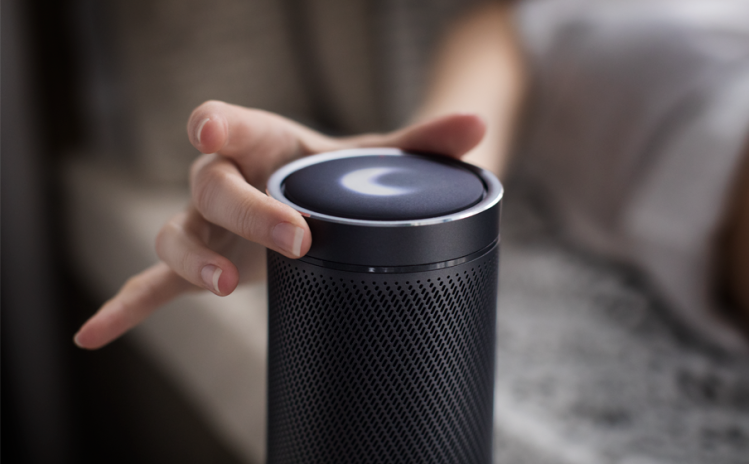Microsoft’s AI assistant Cortana can find success in ways that don’t require a popular smart speaker, CTO Kevin Scott told VentureBeat in an interview this week in San Francisco.
While some manufacturers are making devices with Cortana voice control inside, Scott said people shouldn’t expect to see a native Microsoft smart speaker anytime soon, like Apple’s HomePod or Samsung’s Galaxy Home.
“On the smart speaker side of things, we’ve got a bunch of partners who are building Cortana-powered things right now and we’re super excited about all of those, but it’s not like we’re going to have a single Microsoft-branded Cortana smart speaker that’s going to be the thing that carries Cortana to customers,” he said.
In the future, Scott wants to see Cortana play a bigger role in the suite of Office software and other native Microsoft products.
June 5th: The AI Audit in NYC
Join us next week in NYC to engage with top executive leaders, delving into strategies for auditing AI models to ensure fairness, optimal performance, and ethical compliance across diverse organizations. Secure your attendance for this exclusive invite-only event.
Today you can’t point to any smart speaker with Cortana inside and call it a success. The Harman Kardon Invoke, the first smart speaker with Cortana inside, has fallen well short of the popularity achieved by Google’s Home or Amazon’s Echo lines of speakers. You can, however, talk to Cortana via Amazon’s Echo speakers following a partnership between Amazon and Microsoft last summer.
Scott called smart speakers “an interesting surface area,” but referenced other potential areas of growth when discussing how Cortana will compete with other popular assistants like Siri, Alexa, and Google Assistant.
While Cortana may lack a popular smart speaker to call its own, the assistant is available to 500 million monthly active users on Windows 10 PCs and tens of millions of Xbox users.
“Where it’s positioned now sets it up really nicely in terms of incentives and technology sharing inside of the company to get it into places where you have lots and lots of user activity already, like I mean Cortana ought to be an interesting part of the Office product suite beyond the initial things that we’ve done so far, for instance,” he said. “There’s a little bit of Cortana tech in the mobile email app but you should see Cortana tech everywhere over time. I’m excited about that.”
In addition to the lack of a competitive smart speaker that works primarily with Cortana, some questions about the future of Cortana emerged last year following the departure of product lead Javier Soltero after less than a year in the position. Soltero was previously head of product for the Office group at Microsoft.
In a spring 2018 interview with VentureBeat, Soltero said he wanted to see Cortana grow its capabilities in the workplace while growing its appeal among users in the rest of their lives.
“We just recently moved the Cortana team into a new group we created called Devices and Experiences that Rajesh Jha is running. In a whole bunch of ways it’s closer structurally than it’s ever been before to all of the places in Microsoft’s product portfolio that we believe that voice assistants and assistant technology in general is going to be an interesting part of the user experience,” Scott said.
A debate that has taken place within Microsoft about Cortana is whether it’s a standalone entity or something that should be part of many different products, and the answer is both, Scott said.
Going forward, Scott believes it’s important that Cortana is available in a variety of places, whether it’s a Windows mobile app, a smart speaker, or Microsoft software on a personal computer. It should also deliver unique value.
“The important thing is where are you doing something that’s uniquely valuable for users? Like where do they need Cortana? I think that’s a much more interesting question than the form factor one; the form factor sort of follows what can we do for them, not like form factor for sake of form factor,” he said.
The roadmap for success for each intelligent assistant varies based on the existing product line of its parent company.
While roughly one third of U.S. homes have a smart speaker from Google and Amazon, Samsung is one of the largest home appliance and smartphone makers in the world, and has a presence in many households even before the release of the Galaxy Home.
Apple and Google have a unique foothold in the intelligent assistant space because the iOS and Android operating systems are already in the pockets of hundreds of millions of users.


